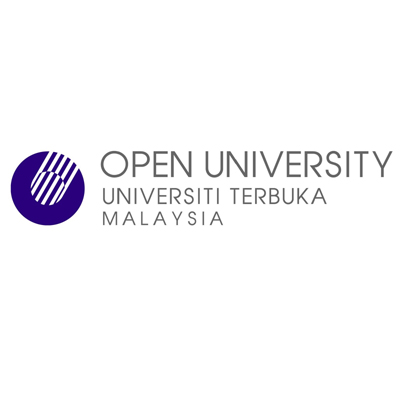Master of Information Technology
- Field Of Study:
- Computing, Technology & IT
- Level Of Study:
- Postgraduate
- Course Subject:
- Information Technology
- Course Intake:
- January, May, September
The objectives of the Master of Information Technology are to:
- Strengthen your managerial skills and competencies in computerised technical know-how
- Improve your managerial capability in handling information management in business organisations
- Enhance your analytical skills and problem-solving capability in handling current issues in computer management
- Enhance your role as IT manager in the K-economy
Information technology and communication (ICT) play an important role in shaping our daily lives, both at work and at home. The role of information, communication and technology will be further enhanced in the information generation era as the business frontiers extend beyond any expected horizon.
The Master of Information Technology offers you an opportunity to enhance your managerial and technical competences in the challenging field of information technology and become the future knowledge workers in the knowledge economic era.
Entry Requirements
Normal Entry
- Honours degree in any field; OR
- Bachelor degree in any field with at least 2 years working experience.
Flexible Entry
- Malaysian Citizen AND
- Be at least 35 years old on 1st of January (application year) AND
- Possess STPM/HSC (minimum 1 principal) OR
- Recognised Diploma or equivalent AND
- Possess prior learning experience AND / OR knowledge relevant to the programme applied. AND
- Passed Flexible Entry Assessment;
Programme Structure
Core Courses
- Advanced Database Systems
- Advanced Object Oriented Programming
- Advanced Computer Network
- Software Quality and Metrics
- Methodology of Information System Development
This subject is prepared for learners to understand in depth the roles of Information Technology in increasing the organization performance by looking at its current capabilities. To achieve this objective, the following topics will be covered – Life Cycle of Information System Development, Knowledge Management, Data Mining and Knowledge Discovery .
- Project Management
The subject is to prepare learners to understand the ICT Project Management concepts and framework. Thus, enable learners to implement the project management principles, processes, techniques and tools in any ICT project. Entrepreneurship will be covered at the end of the subject. This is to cultivate entrepreneurship spirit among learners when they are involved in Software Project Management.
- Computer Architecture and Operating System
This course will cover the following topics which are the main components of ICT – Computer System Organization (Part 1), Computer System Organization (Part 2), Processor, Operating System Concepts, Operating System Case Study.
- Software Testing
- Web Design and Technologies
Discussion will start on the history of Internet, World Wide Web and an introduction on Hypertext Markup Language (HTML). Other elements of Web will be highlighted. Emphasis will be given to the development of dynamic Web pages. For this purpose, learners would be introduced to Web technologies such as Java Applet, ASP, Servlet, CGI and XML.
- Human Resource Management
Elective Courses
CONCERNTRATION: IT MANAGEMENT
- Knowledge Management
- Information Technology and Communication Policy Development
ICT Policy Development discusses the theoretical and practical perspectives on IT and Communication policy formulation, implementation and evaluation. Topics covers the different theoretical debates on different dimensions of conflict on Information Technology and Communication Policy, the different approaches in the implementation of ICT Policy and the general economic and social impact of ICT policy initiatives.
- Information System Planning (ISP)
This course exposes learners to the concepts and techniques of information systems planning for the whole organization. The topics include introduction to strategic planning for information technology, managing IT for competitive advantage, assessment of current IT capability in organisation, formulation of IT strategy for the future, planning for execution of the ISP, and lastly mechanism to monitor and control.
- ICT Resource Management
This course begins with the discussion on ICT resources which include hardware, software and networking. It is followed by discussion of the portfolio application resources and how to acquire them. It proceeds with the discussion on the threats to ICT resources and how to avoid them. Lastly, learners will be exposed to ways on how to plan and manage ICT resources.
CONCERNTRATION: NETWORKING
- Switching Technology
- Advanced Network Programming
- Network Security
- Network Application in E-Commerce
Specialised Project
Source: Open University Malaysia (OUM)
